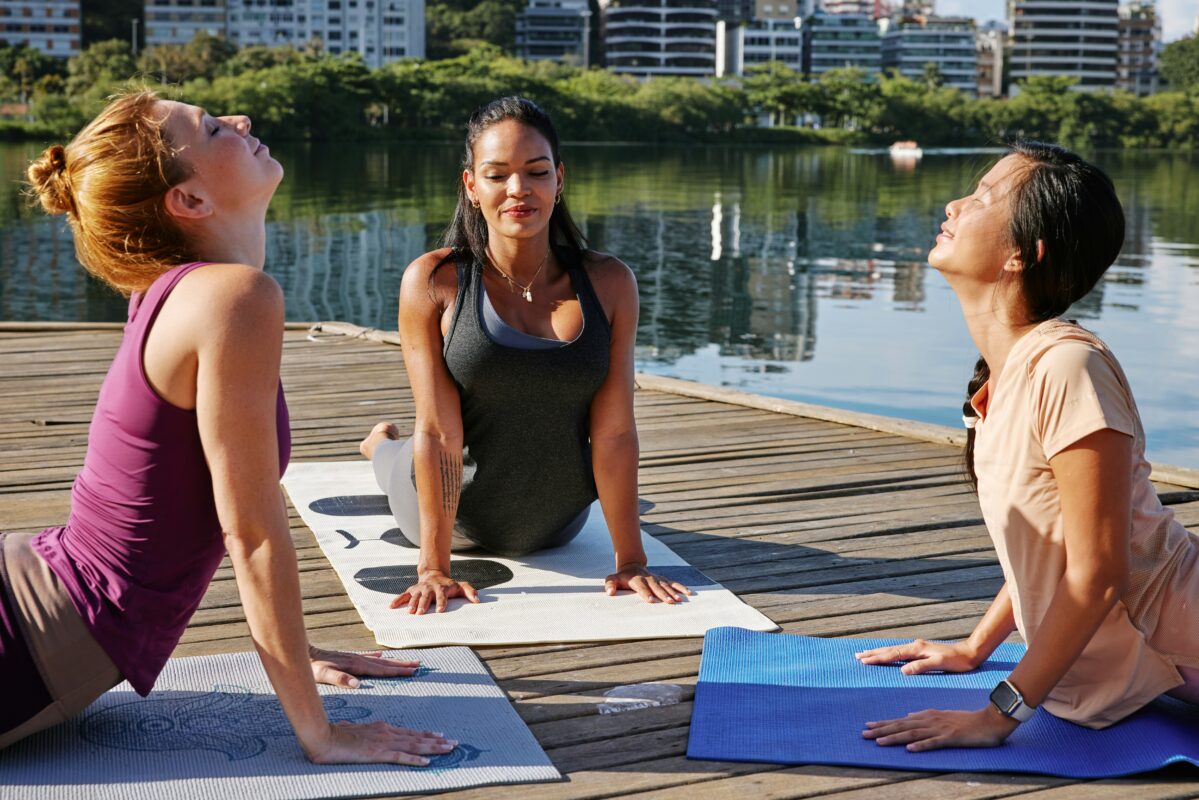Aging with vitality is about more than just growing older—it’s about making intentional choices that promote long-term health and well-being. Those who maintain their physical fitness into their later years don’t do so by chance; they adopt daily habits that sustain their strength, energy, and overall wellness. Here are some of the most essential habits practiced by individuals who remain physically fit as they age.
1) Prioritizing Consistency in Exercise
Staying fit isn’t about occasional bursts of high-intensity workouts—it’s about committing to regular physical activity. Fitness experts emphasize the importance of consistency, as small, steady efforts compound over time to create lasting benefits. Whether it’s walking, swimming, yoga, or weight training, those who stay fit incorporate exercise into their daily routine in a way that suits their age and ability.
2) Maintaining a Balanced Diet
Exercise alone isn’t enough—proper nutrition plays a vital role in maintaining health. A balanced diet rich in lean proteins, healthy fats, fruits, vegetables, and whole grains provides the necessary fuel for the body. While moderation is key, making informed food choices can significantly impact energy levels, metabolism, and overall fitness as people age.
3) Scheduling Regular Health Check-Ups
As the body changes over time, regular medical check-ups become essential for detecting and addressing potential health concerns before they escalate. Routine screenings and consultations with healthcare professionals ensure that individuals stay informed about their physical condition and make necessary adjustments to their fitness and dietary habits.
4) Prioritizing Quality Sleep
Adequate rest is a crucial yet often overlooked aspect of maintaining fitness. Sleep is when the body repairs itself, builds muscle, and regulates hormones. Poor sleep can lead to fatigue, weight gain, and decreased motivation to exercise. Those who remain fit understand the importance of getting sufficient, high-quality sleep each night.
5) Supporting Mental Well-Being
Physical health and mental health are deeply connected. Managing stress, practicing mindfulness, and engaging in activities that bring joy contribute to overall well-being. Those who remain fit as they age often adopt stress-reducing habits such as meditation, journaling, or spending time in nature to maintain a balanced state of mind.
6) Staying Hydrated
Water is essential for bodily functions, yet many people fail to drink enough. Dehydration can lead to fatigue, headaches, and decreased physical performance. Keeping hydration a priority helps maintain energy levels and supports overall health. Carrying a water bottle throughout the day is a simple yet effective habit that enhances well-being.
7) Incorporating Daily Stretching
Flexibility and mobility are key components of long-term physical fitness. Regular stretching helps improve posture, reduce the risk of injuries, and alleviate muscle tension. Whether it’s through yoga, dynamic stretches, or simple morning routines, those who prioritize flexibility enjoy better movement and reduced discomfort as they age.
8) Maintaining a Positive Mindset
Attitude plays a powerful role in the aging process. Those who view aging as an opportunity for growth and well-being tend to maintain healthier lifestyles. A positive mindset fosters motivation, resilience, and a commitment to lifelong health.
The Lifelong Journey to Fitness
Maintaining physical fitness as we age isn’t about reaching a particular milestone—it’s about embracing daily habits that enhance our quality of life. Inspired by the Japanese concept of Ikigai—a sense of purpose—many long-lived individuals find joy in their commitment to health and well-being. By incorporating these habits into our routines, we can create a foundation for a healthier, more fulfilling future.

